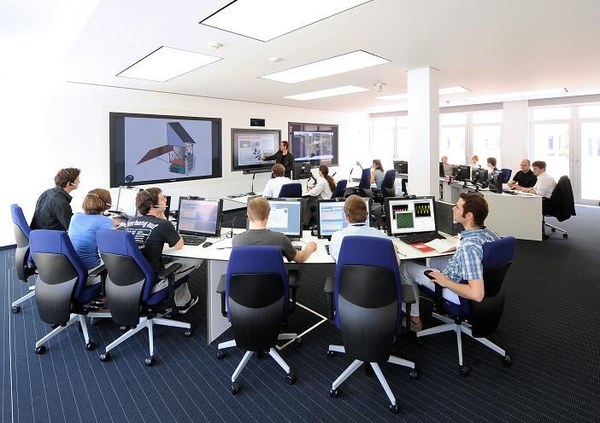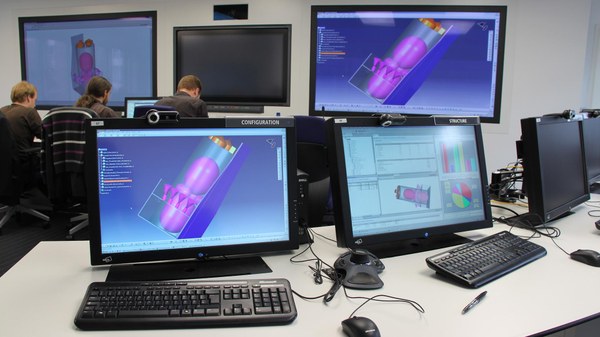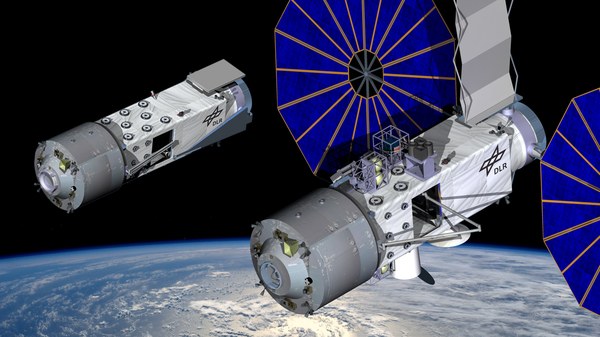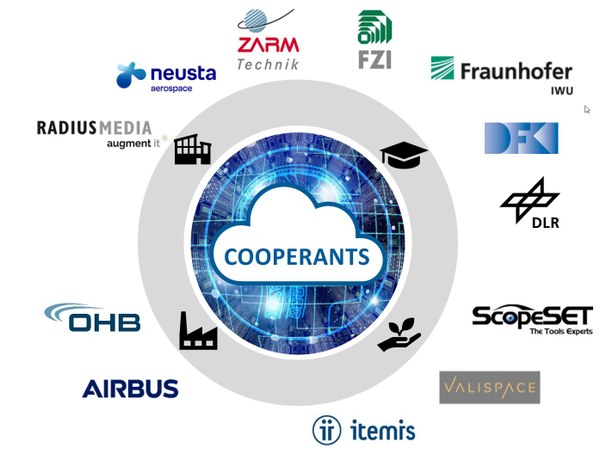Concept Development For Satellites & Human Space Flight
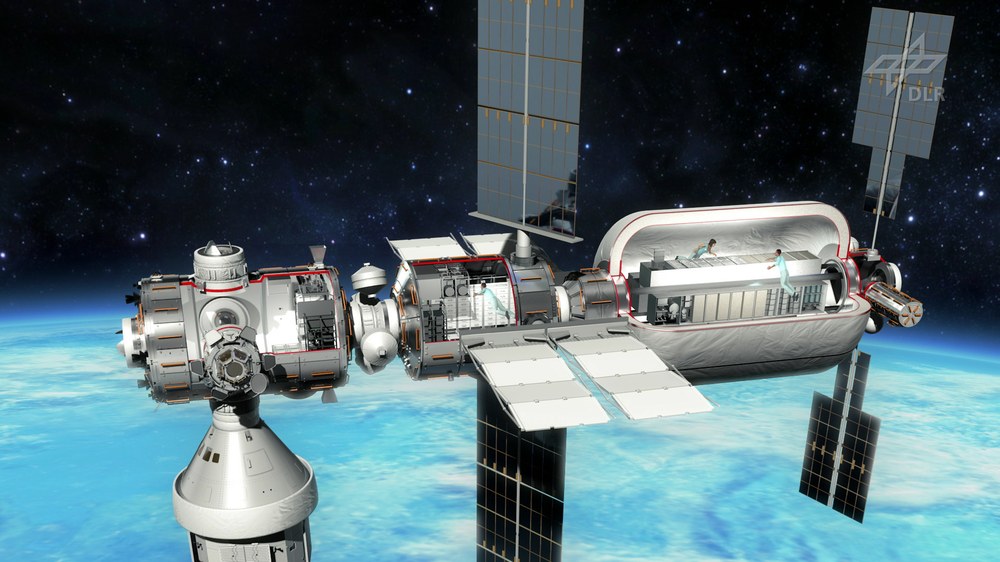

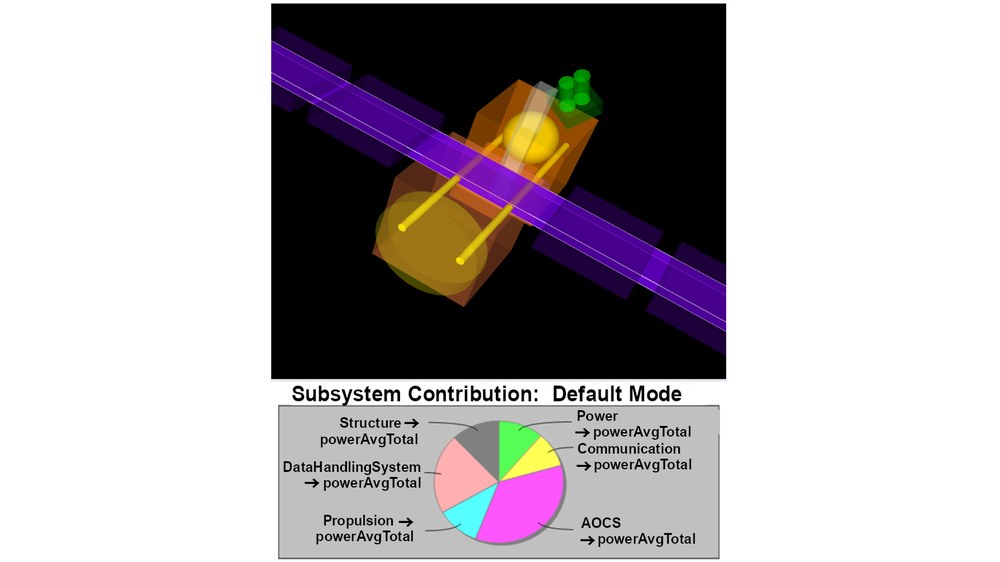
Systems analysis and systems engineering
The Concept Development for Satellites & Human Spaceflight (KoSPeR) department investigates a wide range of space missions and carries out corresponding system and mission analyses. These concept studies (Phase 0/A) focus primarily on orbital structures and architectures (e.g. satellites, probes, human spaceflight, manned stations). To this end, DLR operates a network that can be used to call on experts from other departments, institutes or external parties if necessary. Concepts are created, design tasks are carried out at subsystem level (e.g. orbit analysis, life support systems, analysis of debris impact risks) and overarching issues such as accommodation, interfaces to instruments, budgeting, operation and costs are dealt with. In this regard, globally known systems and visions are also being researched, future possibilities for German and European space travel are being developed, and missing and existing competencies in the relevant areas are being identified.
In the field of human spaceflight, for example, analyses were carried out for human European space transportation based on ATV technology with regard to technical feasibility and operational scenarios (BERT/ATV evolution). In addition, ISS successor concepts for human activities in low Earth orbit (LEO) are being investigated in collaboration with the scientific community, space operations and robotics. This also includes economic feasibility studies and impact assessments for Europe as a whole, which were developed for ESA together with partners from industry (Airbus, SAS, PwC), for example. In addition, a study on a human mission to near-Earth asteroids (including Apophis) based on European technologies (CERMIT) and a research infrastructure for the further development of closed life support systems (FLaSH, I4H) were also proposed.
Satellite missions to explore the moon, Mars and the sun were also designed. Intensive collaboration with the respective scientists was the key to successful study results. Satellite systems for global and local coverage were also investigated on the subject of climate change, i.e. the detection of greenhouse gases.
Implementation / monitoring of CE studies
An efficient method for carrying out these concept studies is concurrent engineering (see also CEF). All missions continued at the Institute of Space Systems (e.g. AISat, MASCOT, Eu:CROPIS, ROBEX, EDEN ISS) underwent this concept development process.

